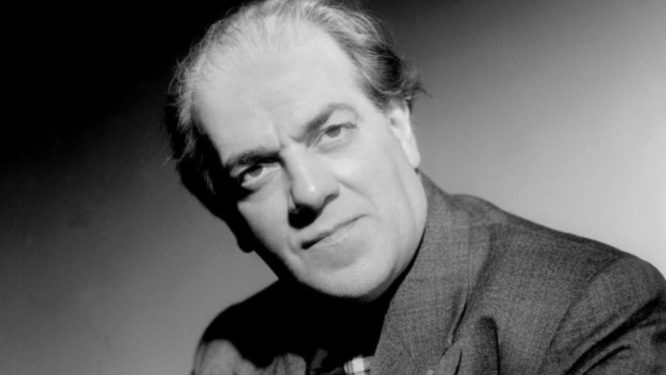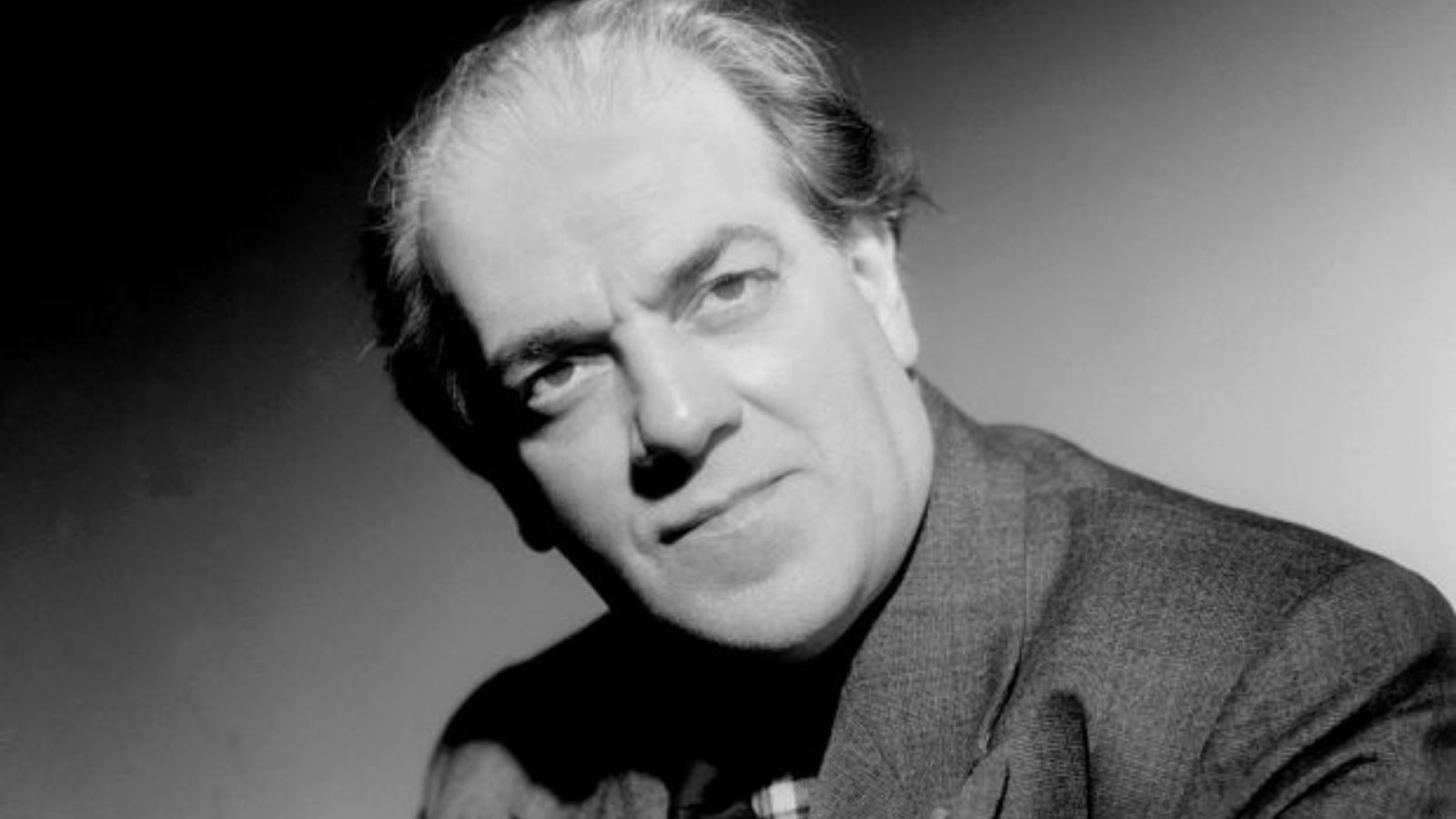Heitor Villa-Lobos

DATES
Born March 5, 1887 in Rio de Janeiro, Brazil
Died November 17, 1959 in Rio de Janeiro, Brazil
NATIONALITY
Brazilian
STYLE/PERIOD
Modern 1920-Present

BIOGRAPHY
Heitor Villa-Lobos is one of the most celebrated South American composers in the history of music. As a composer, he is known for writing music that represented the many musical influences and the folklore of his native Brazil. He is also known for the work that he did in Brazil to reform music education in local schools.
Villa-Lobos grew up as a part of a musical family that would invite musicians to their home every Saturday evening to play music until late at night. While his family hoped that he would not grow up to be a musician but instead enter the medical field, Villa-Lobos was determined not to become a doctor, and spent time as a child practicing the cello, clarinet and guitar and playing music for people at cafes, on the street and at parties. (His Mom and Dad taught him how to play the cello and clarinet!) As he grew up, he traveled Brazil and absorbed the many musical influences of the country. The primary cultural influences on Brazilian music at that time were the Portuguese, African and Amerindian cultures. Villa-Lobos soaked up their unique traits and as he began to compose at age 14, put all of their elements together to produce a sound unlike anything ever heard before in the world of the classical music. He even traveled to the Amazon when he was 18 on a dangerous journey to get closer to the primitive music of the natives of that region, incorporating those sounds into his compositions.
Villa-Lobos’ pieces were performed in Brazil, but received mixed reactions by locals; some people didn’t know what to make of the “mixed together” sound of his works, while other people immediately enjoyed them. While he worked on his compositions, he married a pianist named Lucilia Guimaraes and earned a living by playing the cello in orchestras all over the city. Villa-Lobos decided to move to Paris when he was in his 30’s, hoping to try his hand at composition in the cultural center of Europe at that time. He and his music were well-received in France. The sounds of his compositions were very colorful and did not resemble the kind of music that the Europeans were accustomed to hearing, making his creations ones that fascinated listeners. Villa-Lobos composed over 1,000 works of music, and is especially known for writing duets that paired a high voiced instrument (such as a flute) with a low voiced instrument (like a cello).
Eventually, Villa-Lobos returned to Brazil to make his mark on music education. He organized a huge choral group made up of people from all social classes in the city of Sao Paulo. He was also invited by the government of Rio de Janeiro to organize the study of music in the schools of the city.